Why Choose Thailand for a Nose Job
.jpg)
Considering a nose job, or rhinoplasty, in Thailand? You're not alone. Thailand has become a global hub for medical tourism, attracting thousands each year seeking high-quality cosmetic procedures at competitive prices. While the idea of combining a tropical getaway with a life-changing aesthetic procedure is exciting, proper preparation is key to a smooth and successful experience.
Thinking about a nose job in Thailand means planning for more than just the surgery itself – it involves understanding the medical process, managing travel logistics, and ensuring a comfortable recovery in a foreign country.
Getting ready for your nose job in Thailand requires a multi-faceted approach. From selecting the right surgeon and understanding the procedural costs to knowing what medical tests you'll need and how long you should stay for recovery, every detail contributes to a positive outcome.
This guide will walk you through the essential steps to prepare for your rhinoplasty journey in Thailand, ensuring you feel confident and well-informed every step of the way.
How much does a nose job cost in Thailand?
One of the primary reasons many individuals consider a nose job in Thailand is the significant cost savings compared to Western countries. While exact prices vary, you can expect the cost of rhinoplasty in Thailand to be considerably lower without compromising on quality. This price range usually covers the surgeon's fee, anesthesia, facility charges, and often includes initial consultations and some post-operative follow-up appointments.
It's important to obtain a detailed quote from your chosen clinic or surgeon, as some packages might include accommodation or airport transfers, especially for international patients. Be sure to clarify what is included in the price and inquire about any potential hidden fees, such as post-operative medications or unexpected complications. Understanding the full financial picture upfront will help you budget effectively for your nose job in Thailand.
How do I choose the best rhinoplasty surgeon in Thailand?
Selecting the right surgeon is arguably the most crucial step in preparing for your nose job in Thailand. Look for board-certified plastic surgeons with extensive experience specifically in rhinoplasty. Thai medical standards are high, with many surgeons having international training and affiliations. Don't hesitate to ask about their qualifications, how many nose jobs they perform annually, and their specialization.
Furthermore, review their portfolio of before-and-after photos to ensure their aesthetic style aligns with your desired results. Reading patient testimonials and reviews on independent platforms can also provide valuable insights into other patients' experiences with the surgeon and clinic. A thorough consultation, either in person or virtual, is essential to discuss your goals, assess your suitability for the procedure, and build trust with your chosen medical professional.
What medical tests are required before a nose job in Thailand?
To ensure your safety and suitability for a nose job, your surgeon in Thailand will require a series of pre-operative medical tests. These tests are standard protocol to identify any underlying health conditions that could affect the surgery or recovery process. Common tests include a complete blood count (CBC), blood chemistry tests, coagulation profile (to check blood clotting), and a urinalysis.
Depending on your age and medical history, you might also undergo an electrocardiogram (ECG) to assess heart function and a chest X-ray to check lung health. It's advisable to complete these tests either in your home country and bring the results with you, or arrange to have them done at the Thai clinic a few days before your scheduled surgery. Your surgeon will review all results to confirm you are in optimal health for the procedure.
What should I pack for my rhinoplasty trip to Thailand?
Packing smartly for your nose job in Thailand can significantly enhance your comfort during recovery. Beyond your usual travel essentials, consider the specific needs post-surgery. Pack loose-fitting, front-button shirts or blouses that don't need to be pulled over your head, as this can irritate your nose. Soft, supportive pillows (like a travel neck pillow) can be helpful for maintaining an elevated head position while sleeping, which is crucial for reducing swelling.
Don't forget your personal medications, a copy of your prescriptions, and any comfortable eyewear you might need, such as prescription glasses (avoid contact lenses immediately after surgery). Sunglasses and a wide-brimmed hat will be essential for protecting your sensitive nose from the sun during your recovery period. Finally, bring entertainment like books, tablets, or headphones to help pass the time during your downtime.
How long should I plan to stay in Thailand after a nose job?
The duration of your stay in Thailand after a nose job is critical for a safe and effective recovery. Most surgeons recommend staying for a minimum of 10 to 14 days post-surgery. This timeframe allows for the initial swelling to subside, the removal of any splints or casts, and essential follow-up appointments with your surgeon. These appointments ensure that your healing is progressing as expected and address any immediate concerns.
Leaving too soon could mean missing crucial post-operative care and potentially complicating your recovery. Planning for a slightly longer stay also provides a buffer in case of unexpected delays or if you simply need more time to feel comfortable traveling home. It's best to discuss the exact recommended stay duration with your surgeon based on your specific procedure and healing progress.
What pre-operative instructions should I follow before a nose job?
Your surgeon will provide a detailed list of pre-operative instructions, and it's vital to follow them precisely to minimize risks and ensure a smooth procedure. Generally, you will be advised to stop smoking and consuming alcohol for at least two weeks before surgery, as these can impair healing and increase complication risks. Similarly, discontinue any blood-thinning medications, including aspirin, ibuprofen, certain herbal supplements, and vitamin E, for at least two weeks prior to your nose job.
It's also important to arrange for someone to assist you immediately after surgery, especially if you are traveling alone, even if it's just for transportation from the clinic and initial care. Maintain a healthy diet and stay well-hydrated in the days leading up to your surgery. Inform your surgeon about all medications, supplements, and vitamins you are taking during your consultation.
What is the typical recovery process after a nose job in Thailand?
The recovery process after a nose job in Thailand is similar to anywhere else, and understanding it will help you manage expectations. Immediately after surgery, you'll likely have a splint or cast on your nose, along with some packing inside your nostrils. Expect swelling and bruising around your eyes and nose, which typically peaks within the first 2-3 days and then gradually subsides. Pain medication will be prescribed to manage any discomfort.
Your splint or cast will usually be removed after 5 to 7 days, at which point you might see the initial contours of your new nose. While most visible swelling resolves within a few weeks, subtle swelling can persist for several months, and the final results of your nose job may not be fully apparent for up to a year. During this time, it's crucial to follow your surgeon's aftercare instructions, avoid strenuous activities, and protect your nose from impact and sun exposure.
Are hospitals in Thailand safe and well-equipped for plastic surgery?
Thailand has invested significantly in its healthcare infrastructure, making it a leading destination for medical tourism. Many Thai hospitals catering to international patients are accredited by prestigious international organizations like the Joint Commission International (JCI), which signifies adherence to rigorous global standards for patient safety and quality of care. These facilities boast state-of-the-art operating rooms, advanced diagnostic equipment, and often employ multilingual staff.
The medical teams are typically highly skilled, with many plastic surgeons having received training in Western countries. When planning for your nose job in Thailand, researching clinics and hospitals with international accreditations and a strong reputation for cosmetic surgery will ensure you receive care in a safe and professional environment. These facilities prioritize patient well-being and offer comprehensive services tailored to international visitors.
How do I manage language barriers and communication during my medical trip?
While English is widely spoken in tourist areas and major medical facilities, communicating effectively is crucial for your medical journey. Reputable clinics and hospitals offering cosmetic procedures like a nose job in Thailand understand the needs of international patients. They often have English-speaking doctors, nurses, and dedicated international patient coordinators who can facilitate communication, assist with appointments, and translate medical information.
Before confirming your trip, inquire about the language support available at your chosen clinic. For everyday interactions outside the hospital, having a translation app on your phone can be very helpful. Always ensure that you fully understand all instructions and information provided by your medical team, and don't hesitate to ask for clarification if anything is unclear. Clear communication is vital for your comfort and safety during your nose job experience in Thailand.
What are the potential risks and complications of rhinoplasty?
Like any surgical procedure, a nose job carries potential risks and complications, regardless of where it's performed. While serious complications are rare, it's essential to be aware of them. Common potential risks include infection at the surgical site, excessive bleeding, adverse reactions to anesthesia, and persistent numbness or changes in sensation in or around the nose. Some patients might experience temporary breathing difficulties through the nose post-surgery due to swelling.
A significant concern for some patients is achieving an unsatisfactory aesthetic outcome, which might necessitate revision surgery. During your consultation for a nose job in Thailand, your surgeon will thoroughly discuss these risks, explain how they are mitigated, and outline the steps you can take to minimize them. Choosing a highly experienced and qualified surgeon is the best way to reduce the likelihood of complications and achieve the desired results.
Ready to explore your options for a nose job in Thailand or other medical tourism solutions? Contact PlacidWay today to connect with top-tier medical facilities and experienced surgeons worldwide, ensuring a smooth and successful healthcare journey tailored to your needs.


.png)

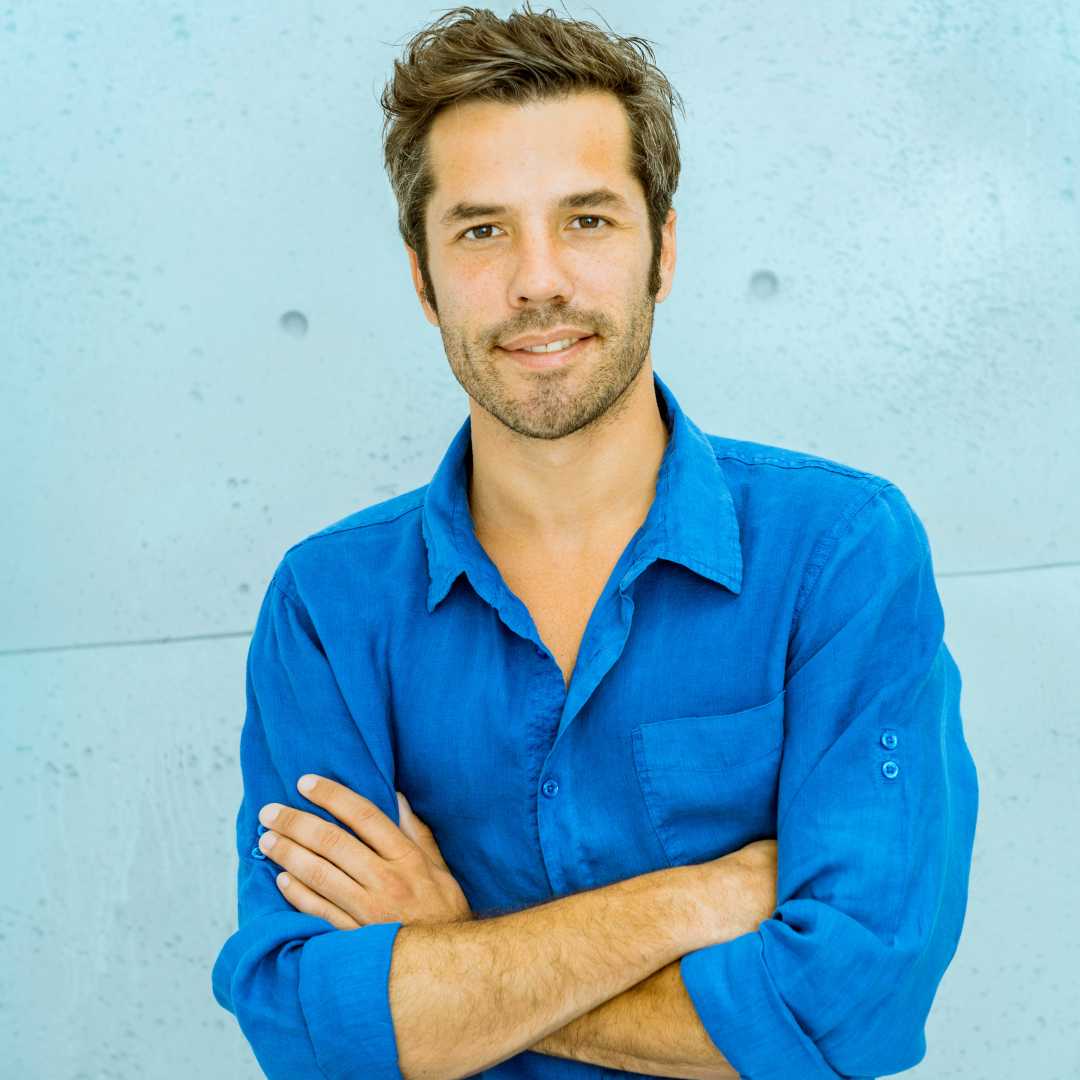
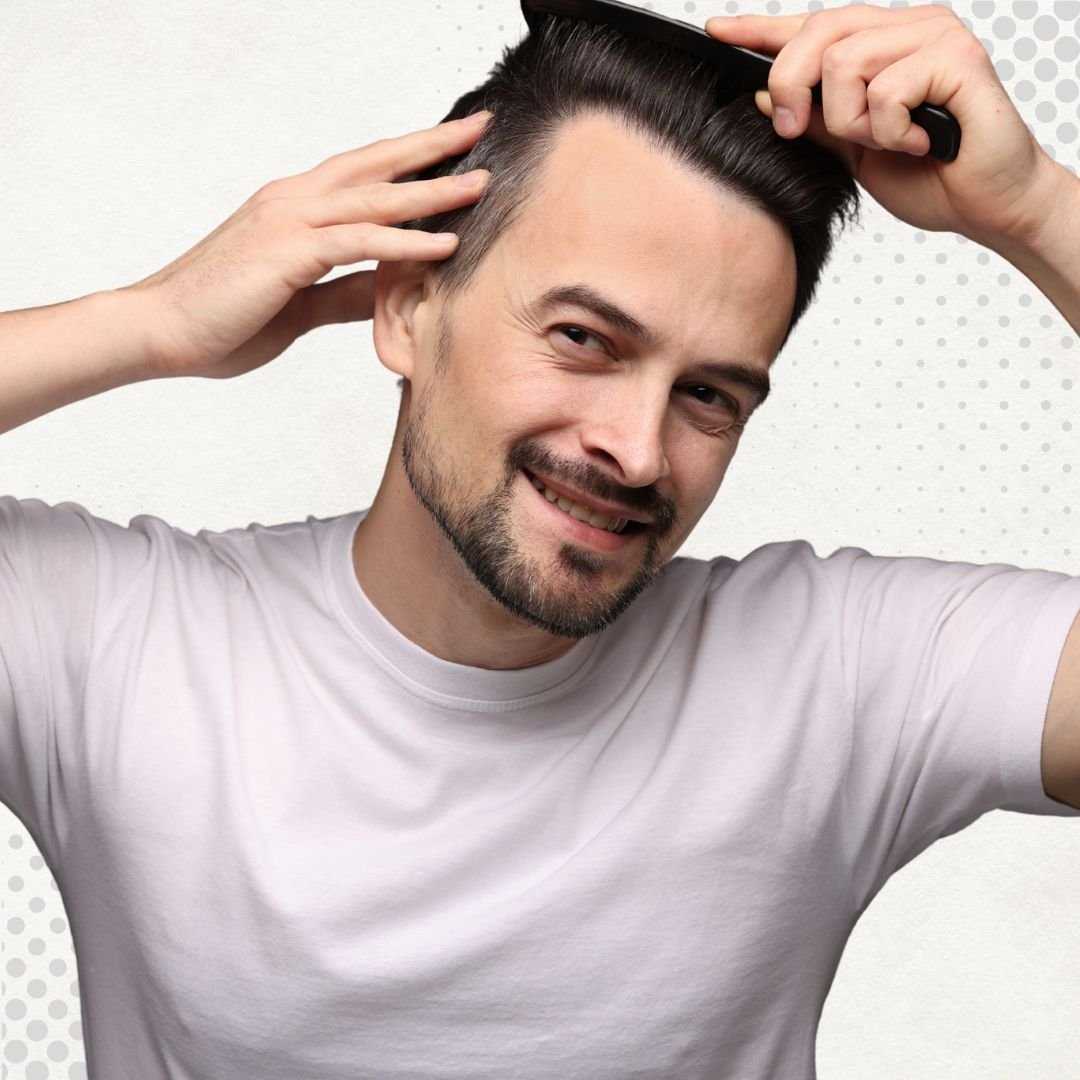

.png)
.png)



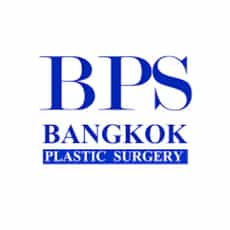
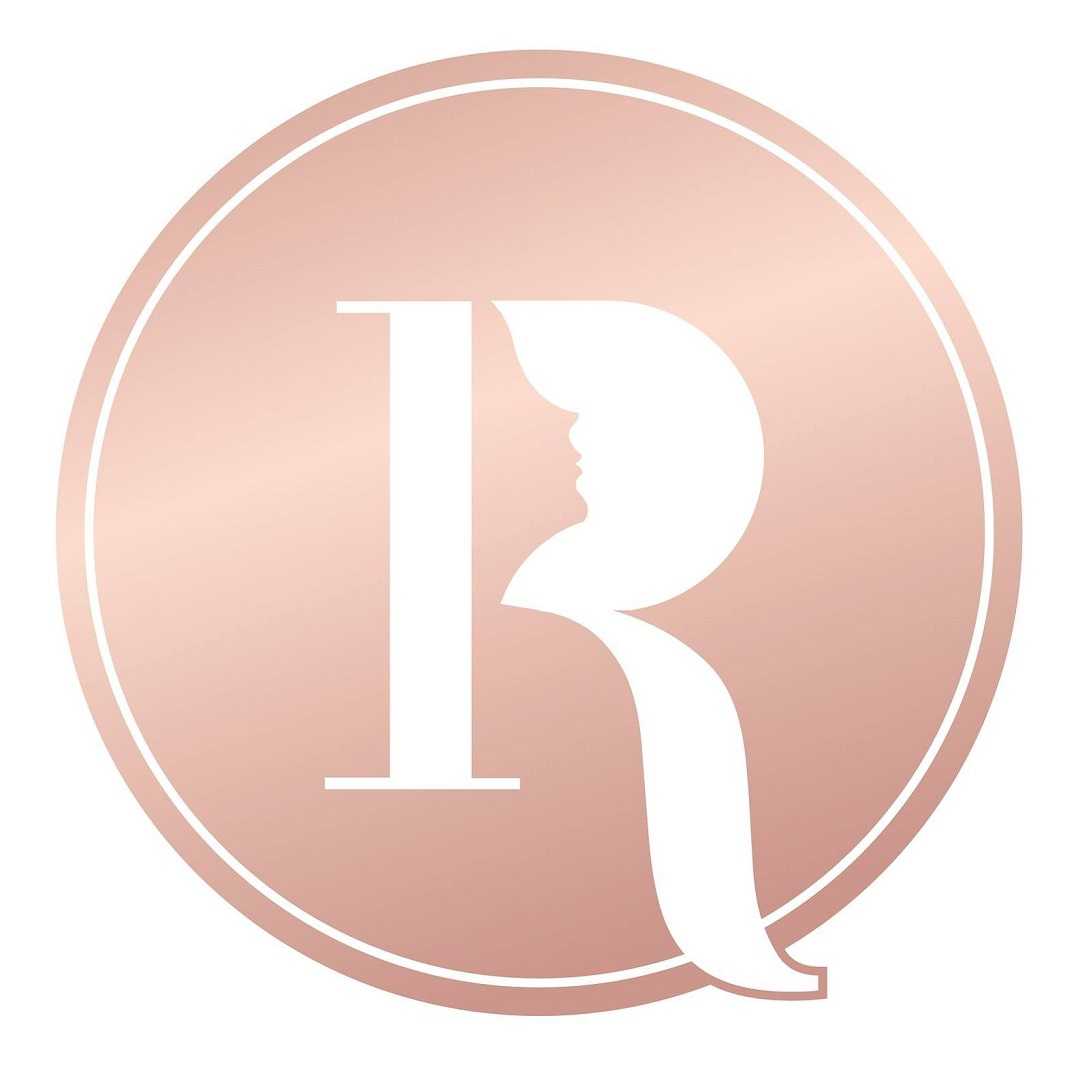
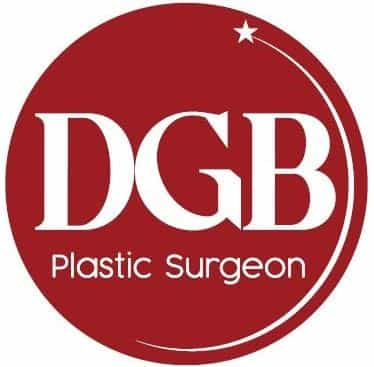
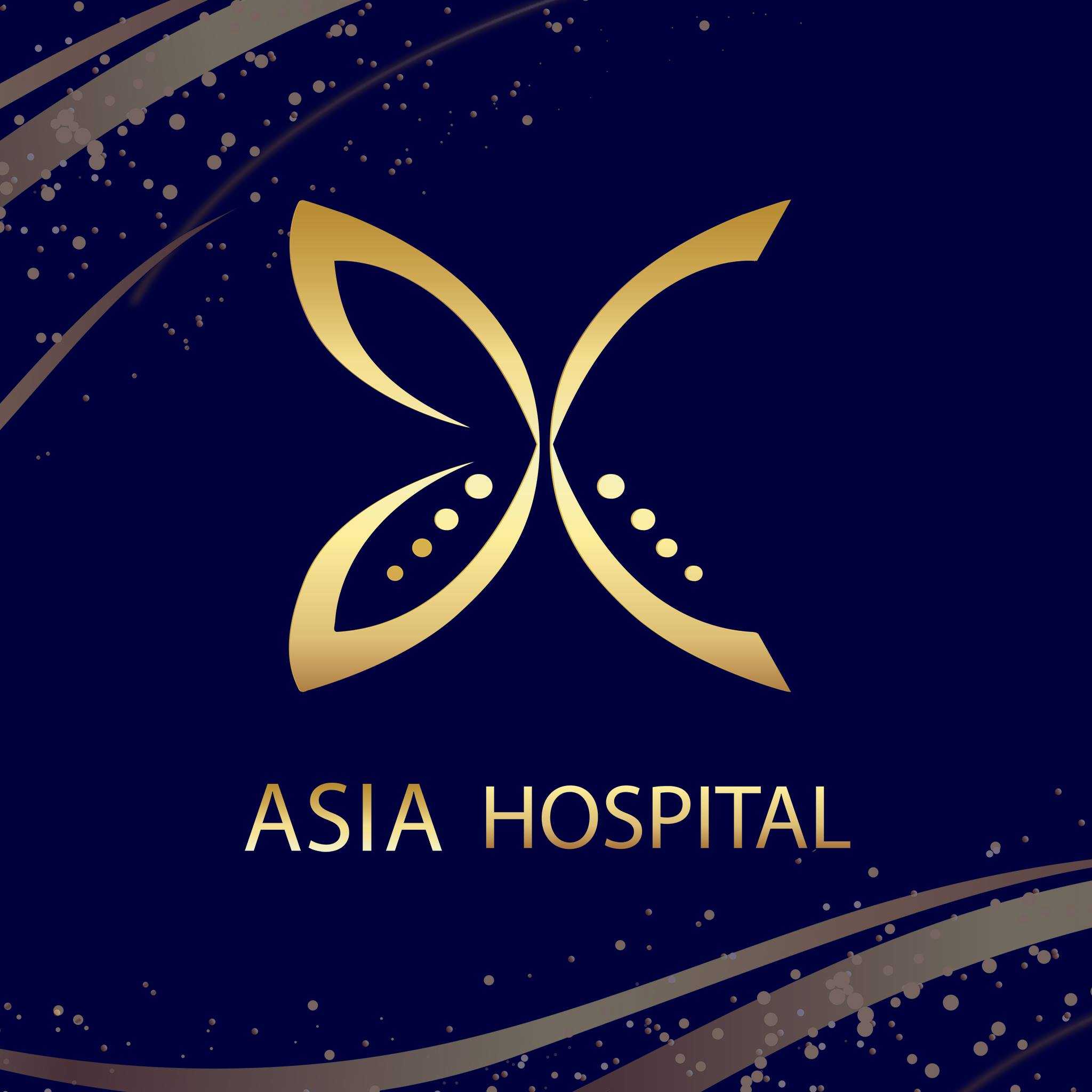

Share this listing